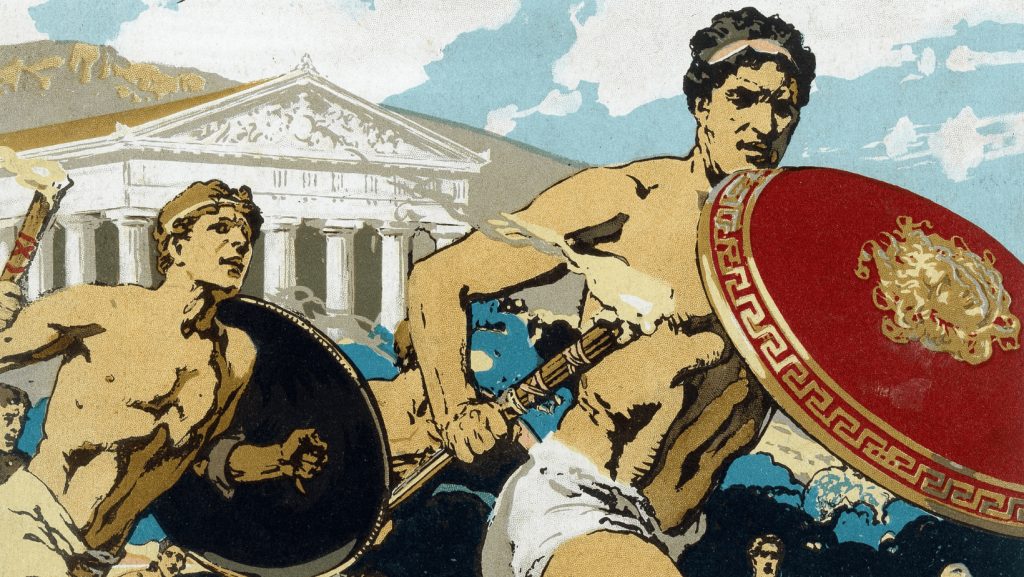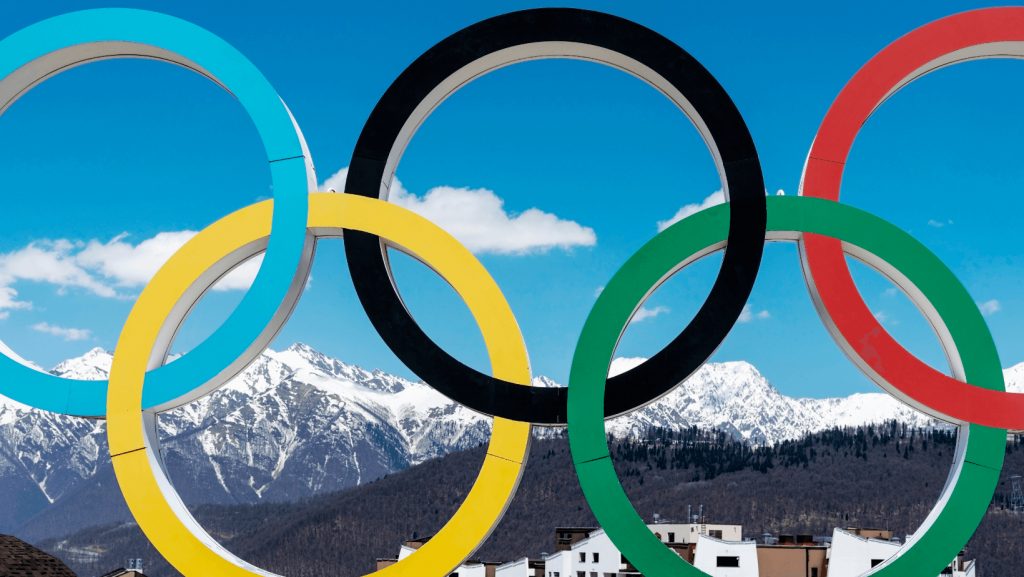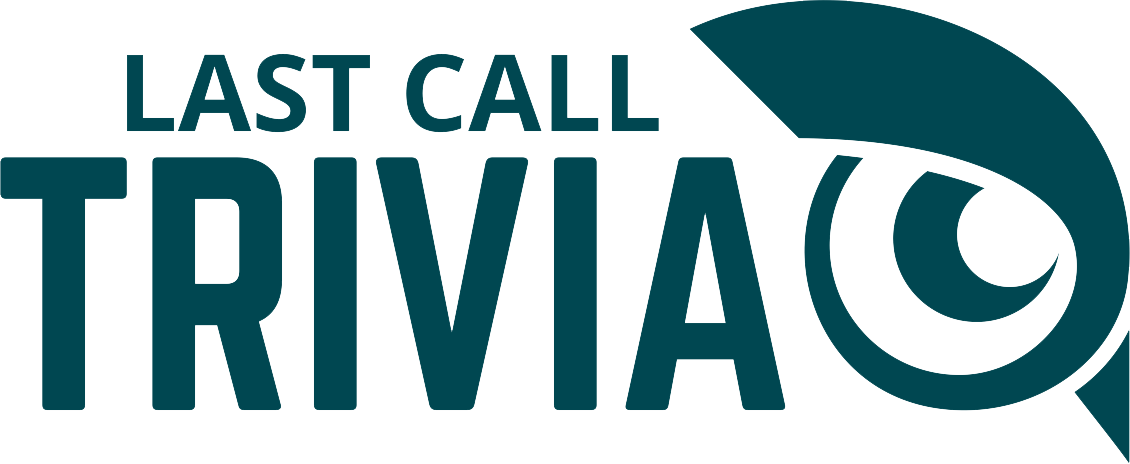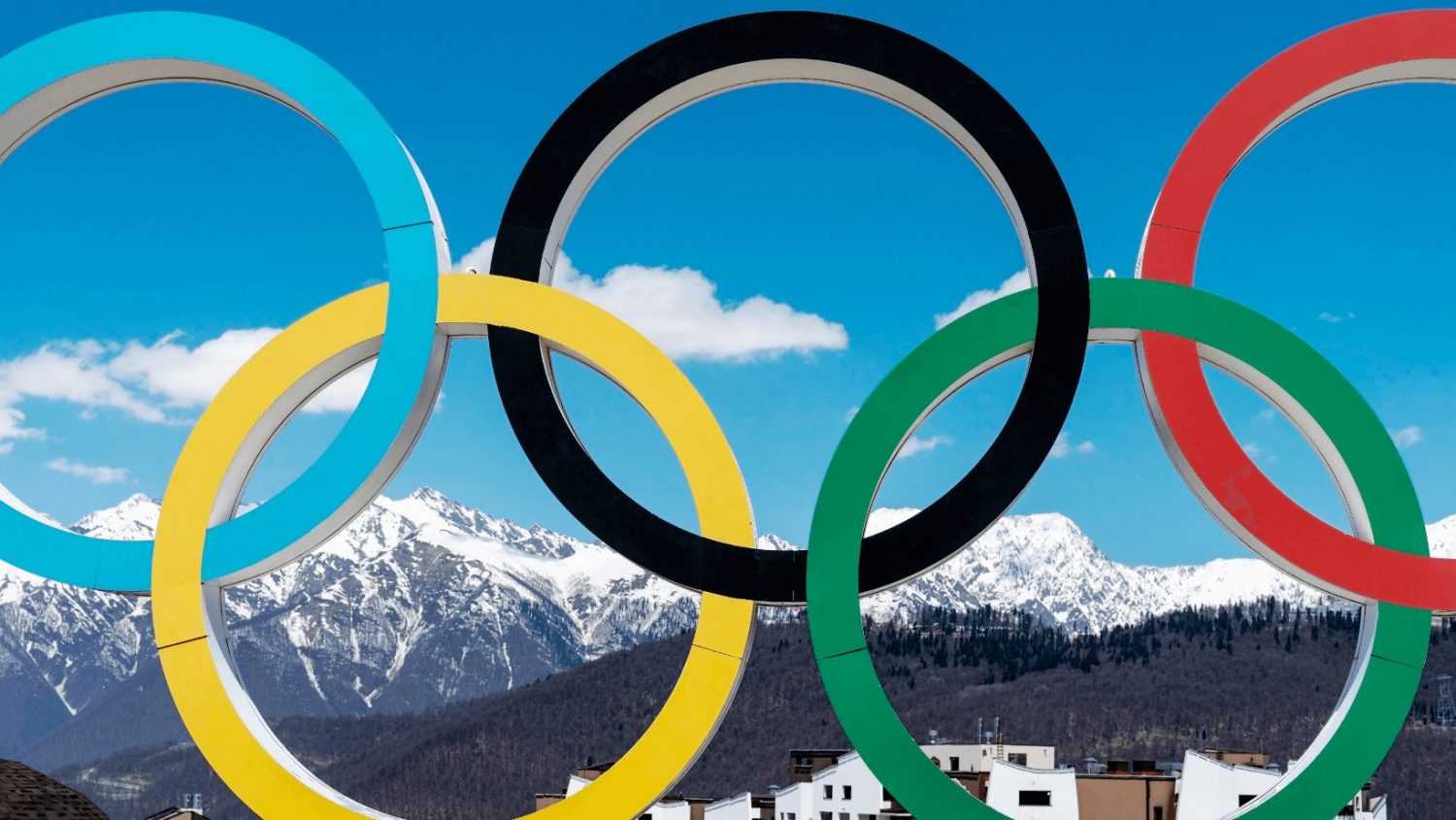
The First Olympics
The Olympic Games originated in ancient Greece roughly 3,000 years ago. From the 8th century B.C. to the 4th century A.D., the Games were held every four years in Olympia to honor the god Zeus. The influence of the event was so great that ancient historians began to measure time by the four-year increments in between Olympic Games, which were known as Olympiads.
However, after the Roman Empire conquered Greece in the mid-2nd century B.C., the standards and quality of the event declined. In one famous example, Emperor Nero entered an Olympic chariot race, only to disgrace himself by declaring himself the winner even after he fell off his chariot during the competition. In A.D. 393, Emperor Theodosius I called for a ban on all “pagan” festivals, thus ending the ancient Olympic tradition after nearly 12 centuries.
It would be another 1,500 years before the Games would rise again. The efforts of Baron Pierre de Coubertin of France are largely to thank for the resurgence. A proponent of physical education, he was inspired by the idea of creating a modern Olympic Games after visiting the site of the ancient festival. In 1894, he received the approval to found the International Olympic Committee (IOC), which became the governing body of the modern Games.

The Modern Olympic Games
The first modern Olympics were held in Athens, Greece, in 1896. The Games welcomed 280 participants (all male) from 13 nations, who competed in 43 events. By comparison, this year’s Olympic Games are expected to see over 11,000 athletes from 205 countries. The official symbol of the modern Games is five interlocking colored rings. The rings represent the continents of North and South America, Asia, Africa, Europe, and Australia.
And while the return of the event was noteworthy in itself, the Olympics didn’t truly take off as an international sporting event until after 1924, when the VIII Games were held in Paris. This year saw the first closing ceremony, and it also marked the debut of the Winter Olympics. For the first 70 years after their debut, the Winter and Summer Games were held in the same year. But beginning in 1994, the Summer and Winter Games were switched to a staggered two-year schedule.
Given the international scale of the event, it’s no surprise that the modern Olympics have often been plagued by politicization, nationalism, and propaganda. This dates all the way back to the first modern event in 1896 when the British compelled an Australian athlete to declare himself British. One of the most prominent examples is the Nazi propaganda that pervaded the Berlin Games of 1936. Following a number of violent incidents, the IOC sought to more actively promote peace through sports in the latter half of the 20th century.

Notable Athletes
Since the modern Olympics debuted over a hundred years ago, countless talented athletes have showcased their skills in the Games. That includes a recorded 128 athletes who have competed in both the Summer and Winter Olympics. Just five of these competitors have managed to win a medal in both. And only one athlete — American Eddie Eagan — took home the gold at both events. Eagan won gold in light-heavyweight boxing at the 1920 Summer Olympics and in bobsledding at the 1932 Winter Olympics in Lake Placid.
In the early years of the modern Games, some athletes were unaware of the scale of their feats. For example, America’s first female champion, Margaret Abbott, didn’t even realize she was competing in the Olympics. The 22-year old was studying art in Paris when she saw an advertisement for a golf tournament. She decided to enter and went on to shoot a 47 on the nine-hole course, earning her the win. Abbott had no idea the competition was part of the poorly organized Paris Games, and that she had just become the first American woman to win an Olympic event.
The Games have come a long way since then, and now many athletes dedicate their lives to competing at the highest level of their sport. Like Michael Phelps, who currently holds the record for the most Olympic medals with a total of 28 — 23 gold, three silver, and two bronze. Prior to Phelps, the record belonged to Soviet artistic gymnast Larisa Latynina who won a total of 18 medals from 1956 to 1964. While Phelps has unseated Latynina from the top spot, she is still comfortably in second place, as there aren’t currently any athletes with a path to eclipse her place in this year’s Olympic Games.
Pop Quiz Hotshot
Lou Gehrig’s disease
Missiles
Mary Poppins

